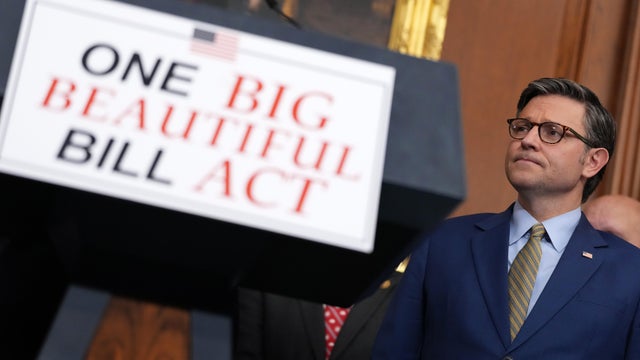

No response returned

In today's high-cost economy, millions of Americans are struggling to stay on top of their bills. And, with still hovering near historic highs and continuing to strain household budgets, it's no surprise that more right now. Once a debt gets handed off to a collection agency, though, things can get complicated fast.
Trying to isn't always straightforward, after all. You might be ready to pay something — anything — just to get the debt off your back. But the process doesn't always go the way you expect. At times, the roadblocks can keep coming, even when you're making a good-faith effort to settle up and take care of the debt.
That's when frustration can set in. You're trying to do the right thing, but the debt collector on the other end of the phone won't budge. So what now? Here's a closer look at what can happen in these situations — and what you can do about it.
.
It may sound counterintuitive, but debt collectors can and do refuse to accept a payment under certain conditions. The outcome of a refused payment depends on the specific circumstances, but generally, the debt remains active, continues to accrue interest and fees and if left unresolved. In these cases, thorough documentation becomes your best ally. Always keep records of any attempted payments, the communication between you and the debt collector and the payment refusals as evidence of your efforts to resolve the debt.
To help you better understand these situations, here's when and why a debt collector may decide to refuse payment:
If you're behind on a large balance and try to send a smaller payment, the debt collector might reject it. That's especially true if the agency handling your debt has a policy against accepting anything less than a full payoff. In these cases, the debt collector may see a partial payment as delaying the inevitable or weakening their ability to sue you for the full amount.
.
, meaning you want to pay less than you owe in exchange for closing out the account, the debt collector isn't required to accept your offer. They might think or that you have the means to pay more. In some cases, they may have already initiated legal proceedings and would rather pursue a judgment instead of negotiating, so they may decide to refuse your payment instead.
or has been handed off to a law firm, it may be too late to make casual payment arrangements. Once a lawsuit is filed or a judgment has been entered, you may have fewer opportunities to settle out of court unless it's done through formal negotiation.
In some cases, a debt collector may refuse payment due to issues with the source of funds, like if you're trying to pay from a third-party account or there are red flags about potential fraud. Or, some debt collectors may refuse to take a personal check and instead require certified funds like money orders or bank transfers to eliminate the risk of insufficient funds.
If you're dealing with an uncooperative debt collector, there are still ways to get out from under collection debt — and some can be faster and more affordable than you'd think.
Negotiate smarter. If you're and your first payment offer was rejected, all hope is not lost. Try coming back with a higher settlement offer or asking to speak with someone with more authority. Put your offer in writing and clearly state what you can pay and when. If you can offer a lump sum settlement, your chances of success usually go up.
Work with a debt relief expert. Debt relief companies and credit counselors to try and get a debt collector to make a deal. They have relationships with creditors and debt collectors and know what kinds of offers typically get approved. With their help, you may be able to settle for less or at least get on a manageable payment plan.
Consider a debt management plan. may be able to enroll you in . With this type of plan, the agency works with your creditors to try and lower your interest rates and consolidate your monthly payments into one. You pay the agency each month and they distribute the funds to your creditors, so you won't have to worry about the possibility of having your payments rejected.
Consider whether bankruptcy is the best option. If your debt is overwhelming and none of the other options are realistic, may be the fastest and most complete way to wipe out your collection debt. , in particular, can eliminate qualifying unsecured debts in a matter of months. While it's a serious step with long-term credit consequences, it can provide a fresh start.
A debt collector refusing payment can feel frustrating when you're trying to take responsibility. But remember, debt collectors are playing a financial game, and you need a strategy to win it. Whether you renegotiate, seek expert help or pursue formal debt relief, there's usually a way forward. Just don't panic, and don't ignore the problem. The sooner you take action, the sooner you can put your collection debt behind you for good.




